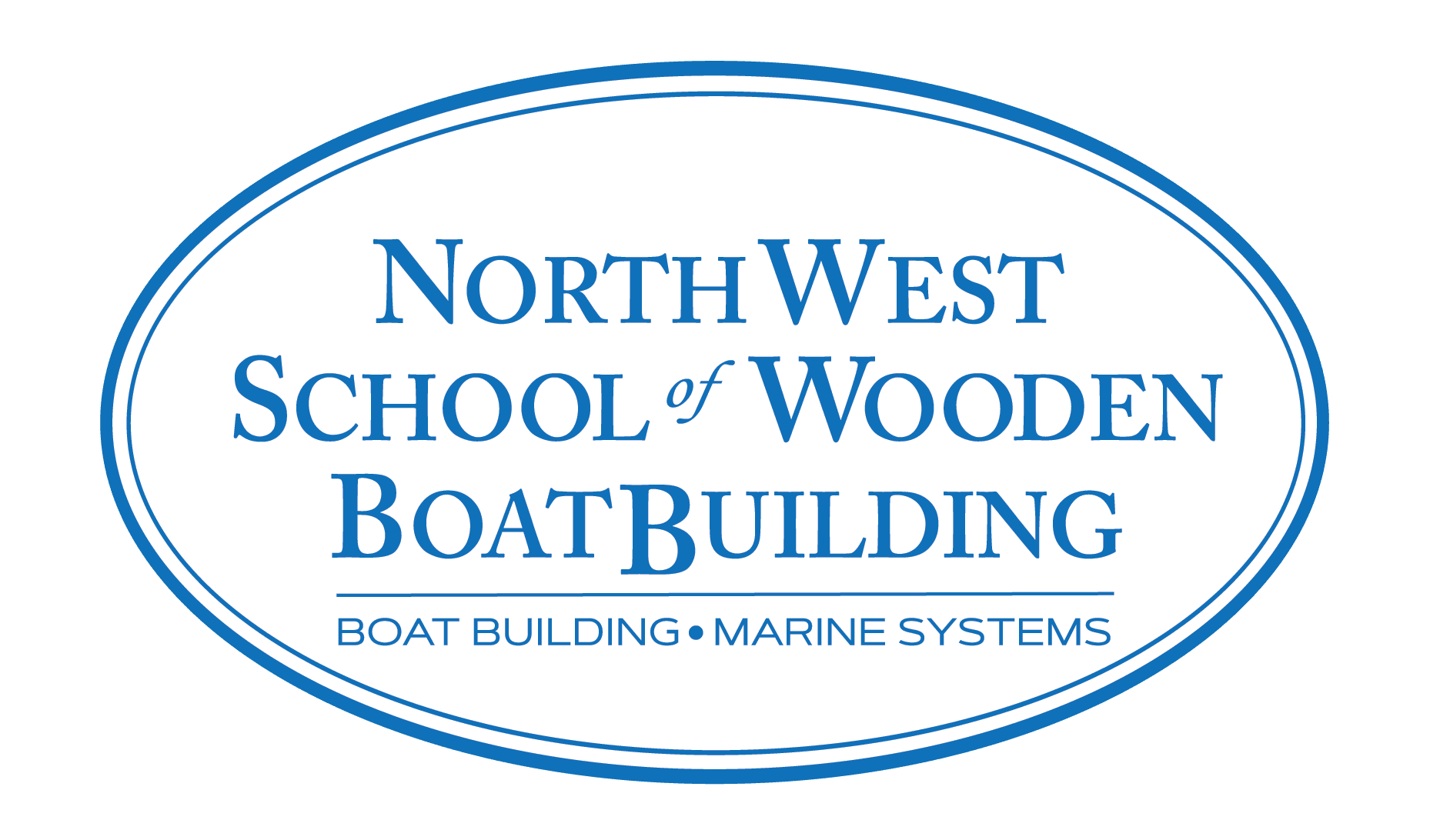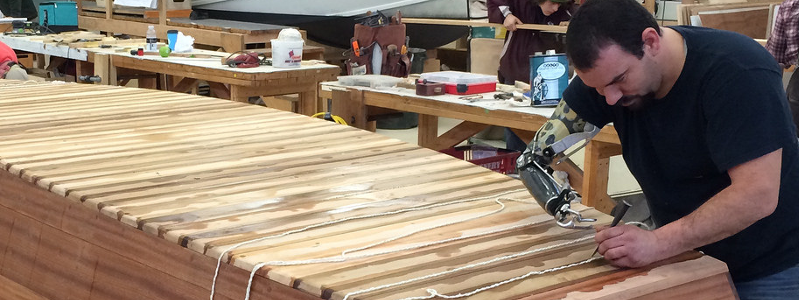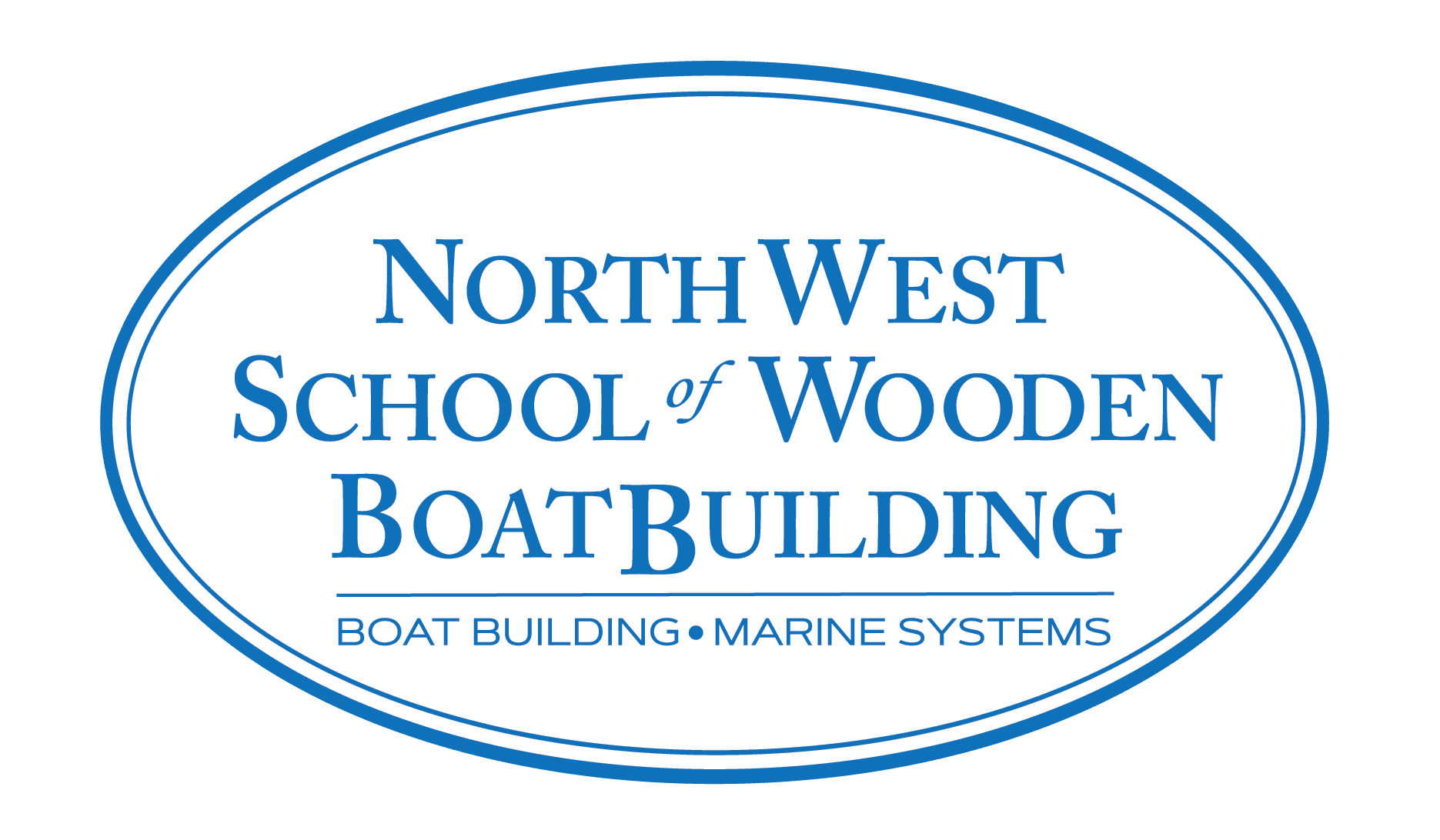Career paths for our graduates
Career paths are interesting an varied. These include work in boat yards, maritime museums, educational programs, boat design, architectural design, engineering, charter services, tall-ship programs, wooden boat repair and restoration, yacht construction and yacht interiors, wooden boatbuilding, boat surveying and appraising, musical instrument building (cellos, violins, guitars, drums), home and business building construction, fine furniture making, boatbuilding coaching and cabinetry.
Graduates of the Contemporary Wooden Boatbuilding program have career strands in addition to those mentioned above including, aerospace & rocket construction, wind energy, automotive design, engineering, moorings, buoys, marine docks, floats, water skis/wakeboards, surf boards, recreational watercraft, and jet boats.
Graduation & Employment Data
Graduates of the Boat School have been highly successful in their graduation and employment activities. Our student’s graduation and employment statistics are collected on an annual basis.
Related to employment, we identify where our graduates are working or whether they have gone on to further education, military service, or self employment. We also gather information related to their hourly wages. All this information is given in summary form to our current students to help them learn about various career paths they might consider after graduating from the Boat School.
Click here to review the graduation and employment statistics submitted to our accreditor, the Accrediting Commission for Career Schools and Colleges (ACCSC), as part of the October 2024 Annual Report and also the student Graduation and Employment percentages for the prior 10 years.
Gainful Employment Links
To receive federal student aid, the law requires that most for-profit programs, regardless of credential level, and most non-degree programs at non-profit and public institutions, including community colleges, prepare students for “gainful employment in a recognized occupation.” These regulations set the standards for “gainful employment” programs to remain eligible to accept federal student aid grants and loans. Gainful employment information is based on 9-month, non-degree programs only. Because there are usually fewer than 10 students in these programs, the statistics can’t be shared because of privacy concerns.



